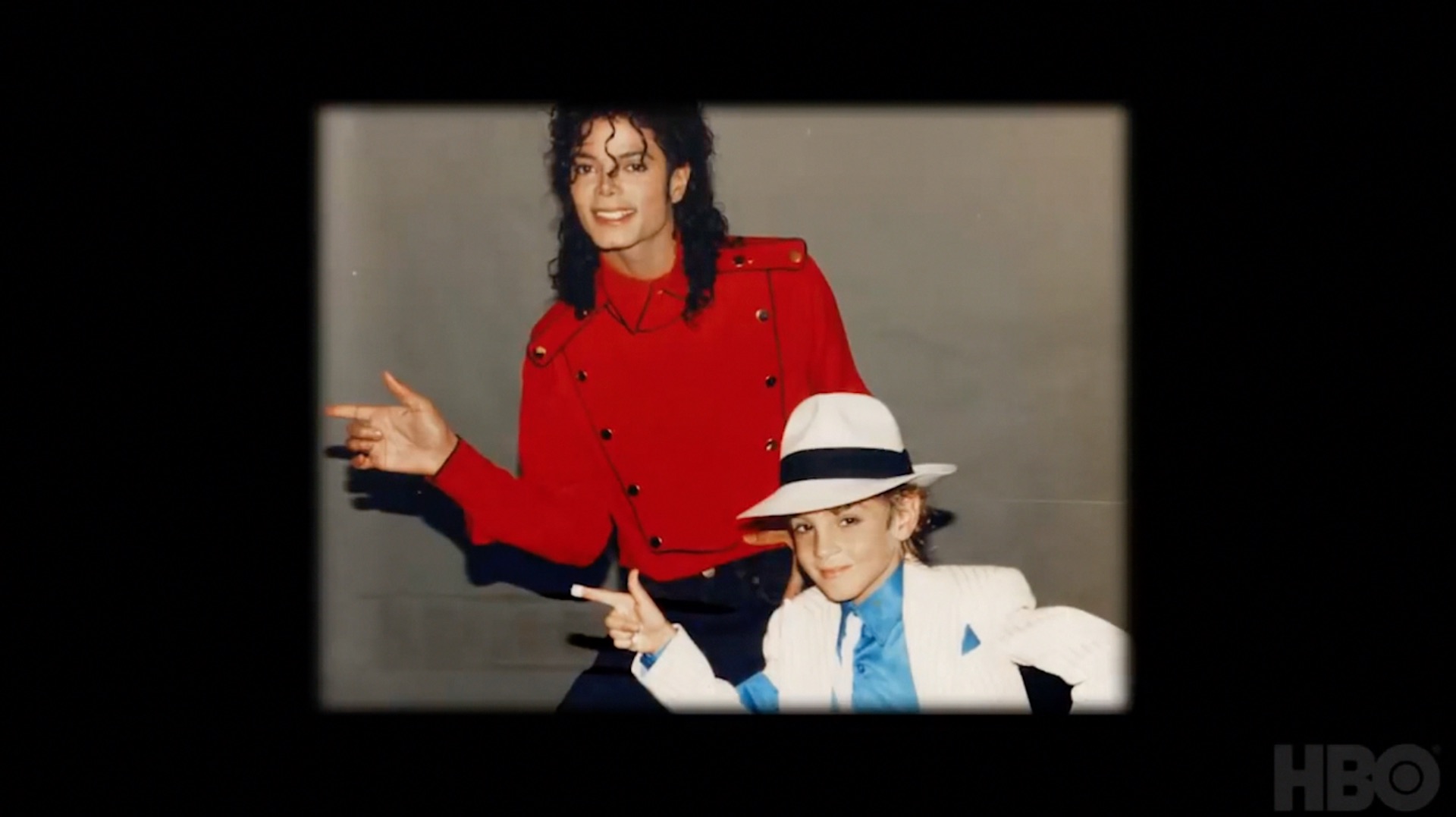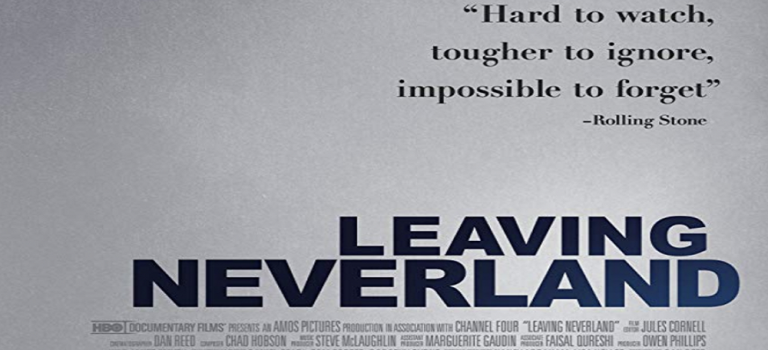

The film’s other subject is Jimmy Savechuck, who was in many ways inspired to come forward with his own story after watching Robson go public with his. Like so many children his age at the time, he worshipped the King of Pop - he’d plastered his walls with Jackson’s posters and taught himself all his signature dance moves. Robson first became acquainted with Jackson as a seven-year-old. To make matters more complicated, one of them - the famed choreographer Wade Robson - had testified in defence of Jackson at both his previous trials. Wade Robson in a still from Leaving Neverland. It is a staunchly one-sided account of Jackson’s alleged history of child sexual abuse, as told by two brave men who only recently decided to step forward with their stories. Leaving Neverland, which was aired on HBO in two 2-hour parts over the weekend, is neither an indictment nor is it particularly journalistic.


MJ certainly has more defenders than Singer - he remains the world’s highest earning dead celebrity - and his fans’ dedication towards him has historically been proven during the well-publicised trials he has been through. It remains to be seen what sort of impact Leaving Neverland will have on Michael Jackson’s legacy. Perhaps Singer would not have been allowed to direct Rhapsody, and thereby not cash in the reported $40 million paycheque he received for it. I have not seen An Open Secret, but I can imagine the sort of impact it could have had if it not been blacklisted. Both films promised unquestionable new proof that would end all debate about their subjects’ innocence both films boasted shocking first-person testimony, and were heaved along by solid buzz. I remember An Open Secret making exactly the same kind of noise in its festival run as Leaving Neverland did at Sundance this year.


 0 kommentar(er)
0 kommentar(er)
